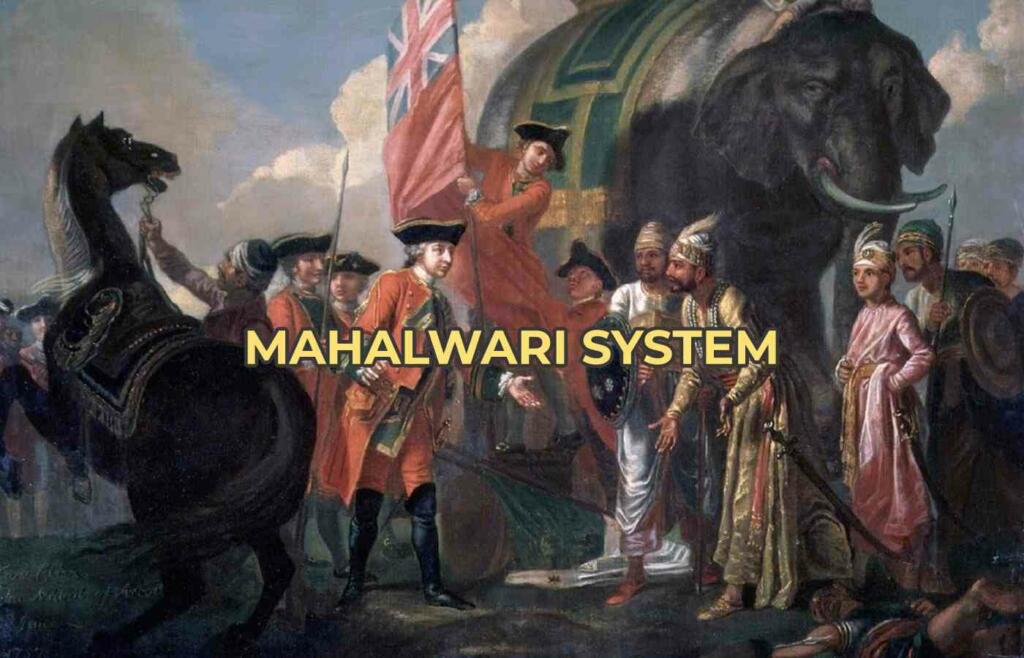Mahalwari System: A Land Revenue System from Colonial India
The Mahalwari system was a land revenue system introduced in colonial India by the British. It was characterized by joint responsibility and collective ownership of land by a group of cultivators. The system is an important part of India’s agrarian history.
During British colonial rule in India, a land revenue system known as the Mahalwari system was put into place. It was first used in some regions of India in the early 19th century and continued to be used there until the early 20th century.
What was Mahalwari System? – Definition
The productivity of the entire village, or “mahal,” served as the basis for the assessment and taxation of the land under the Mahalwari system. The village community was used as the assessment unit, and the community as a whole rather than specific landowners was responsible for paying the assessments.
This system, which considered the productivity of the entire community rather than just individual landowners, was thought to be a more equitable way to determine the value of land. However, it also had some drawbacks, such as the potential for conflict within the community over the distribution of revenue.
Overall, the Mahalwari system was one of several land revenue systems that the British instituted in India; some of its effects can still be felt today.
Also Read: What is meant by the idea of Satyagraha? – An Explanation
Here are the Mahalwari system’s top five drawbacks:
Uncertainty: Because of the system’s reliance on local officials’ judgement, revenue collection was inconsistent and uncertain.
Peasant communities were heavily burdened by the system because they frequently had financial difficulties and were subjected to arbitrary and frequent increases in tax demands.
Lack of adaptability: The system was incapable of being changed in response to variations in agricultural productivity or other economic variables.
Inequity: Because wealthier landowners frequently found ways to avoid paying taxes while poorer peasants suffered the most, the system was inherently unfair.
Lack of local control: The system gave British officials, rather than local communities, control over revenue collection, further escalating issues of inequality and uncertainty.
Follow our google news publication for more news and daily updates: @tfipost
Watch this video for detailed explanation:
